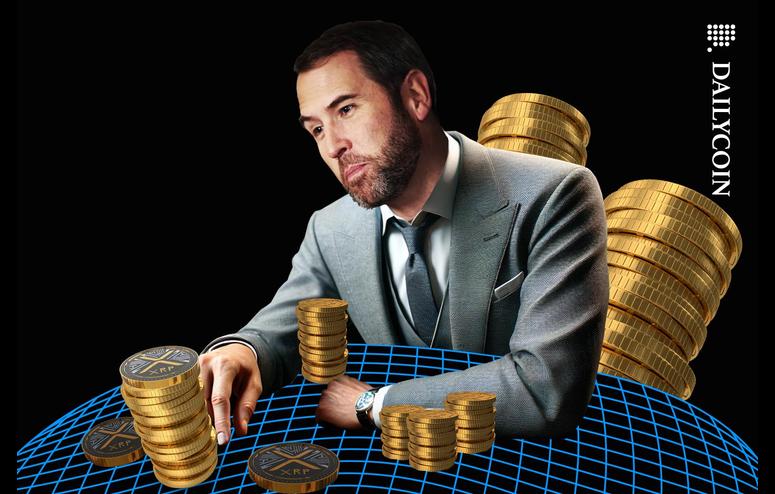Ripple Defies SEC—How the Cross-Appeal Aims to Alter Crypto Law

Ripple has escalated its legal clash with the SEC by filing a cross-appeal.
The prolonged lawsuit has continued to shape the crypto regulatory landscape.
Both sides have aimed to settle pivotal questions that could impact the industry.
Ripple Labs has taken a bold step by filing a cross-appeal against the U.S. Securities and Exchange Commission (SEC), marking a new phase in a legal saga that began nearly four years ago. This move comes shortly after the SEC appealed a court ruling that favored Ripple, particularly regarding programmatic sales of XRP to retail investors.
The crypto community is abuzz with speculation on how these simultaneous appeals will shape the future of digital asset regulation in the United States. As both parties prepare for a showdown in the U.S. Court of Appeals for the Second Circuit, the stakes have never been higher.
Ripple Challenges $125 Million Fine in Cross-Appeal
Ripple’s cross-appeal targets the court’s final judgment that ordered the company to pay a $125 million civil penalty related to institutional sales of XRP tokens. While this fine is significantly less than the nearly $2 billion initially sought by the SEC. Sponsored
Ripple believes that any penalty is unwarranted. Stuart Alderoty, Ripple’s Chief Legal Officer, emphasized that the cross-appeal aims to ensure “nothing’s left on the table,” signaling the company’s intent to contest all allegations.
The appeal also addresses the SEC’s position that XRP sales on exchanges and distributions to employees and developers constitute securities transactions. Ripple seeks to affirm the earlier court ruling that these activities did not violate securities laws, potentially setting a precedent for how other cryptocurrencies are classified.
SEC Seeks to Overturn Favorable Ruling for Ripple
The SEC’s appeal focuses on overturning Judge Analisa Torres’ decision that programmatic sales of XRP to retail investors did not involve securities offerings. The regulatory body aims to redefine this interpretation, which could have far-reaching implications for the crypto industry.
Ripple CEO Brad Garlinghouse has criticized the SEC’s approach, accusing the agency of “creating havoc” instead of providing clear regulatory guidelines. Both appeals will now be consolidated into a single case, prolonging a legal battle that has significant implications for investors, blockchain companies, and the future of financial innovation.
On the Flipside
The prolonged legal battle creates uncertainty for XRP investors and the broader market.
Regulatory delays may hinder innovation and adoption within the crypto industry.
A ruling against Ripple could set a precedent for stricter regulations on other digital assets.
Why This Matters
As one of the most closely watched cases in crypto history, the Ripple vs. SEC lawsuit could define how digital assets are regulated for years to come, affecting investors, companies, and the global financial system.
Curious to learn more about the speculation surrounding Ripple CTO David Schwartz and his possible connection to Bitcoin’s origins? This article explores it:Ripple CTO Reacts to Satoshi Nakamoto Claims Amid New HBO FilmTo learn more about the surge in demand for crypto custody services and how Ripple is addressing this with enhanced security features, read here:Ripple Ventures into Crypto Custody as Demand Skyrockets
.social-share-icons { display: inline-flex; flex-direction: row; gap: 8px; border-radius: 8px; border: 1px solid #dedede; padding: 8px 16px; margin-bottom: 8px; } .social-share-icons a { display: flex; color: #555; text-decoration: none; justify-content: center; align-items: center; background-color: #dedede; border-radius: 100%; padding: 10px; } .social-share-icons a:hover { background-color: #F7BE23; fill: white; } .social-share-icons svg { width: 24px; height: 24px; }
